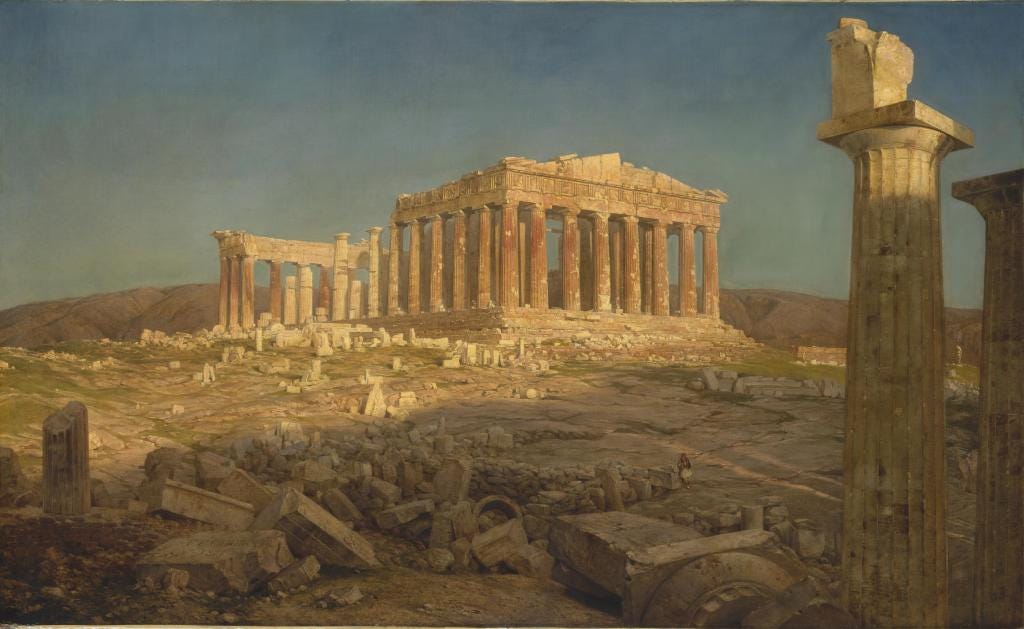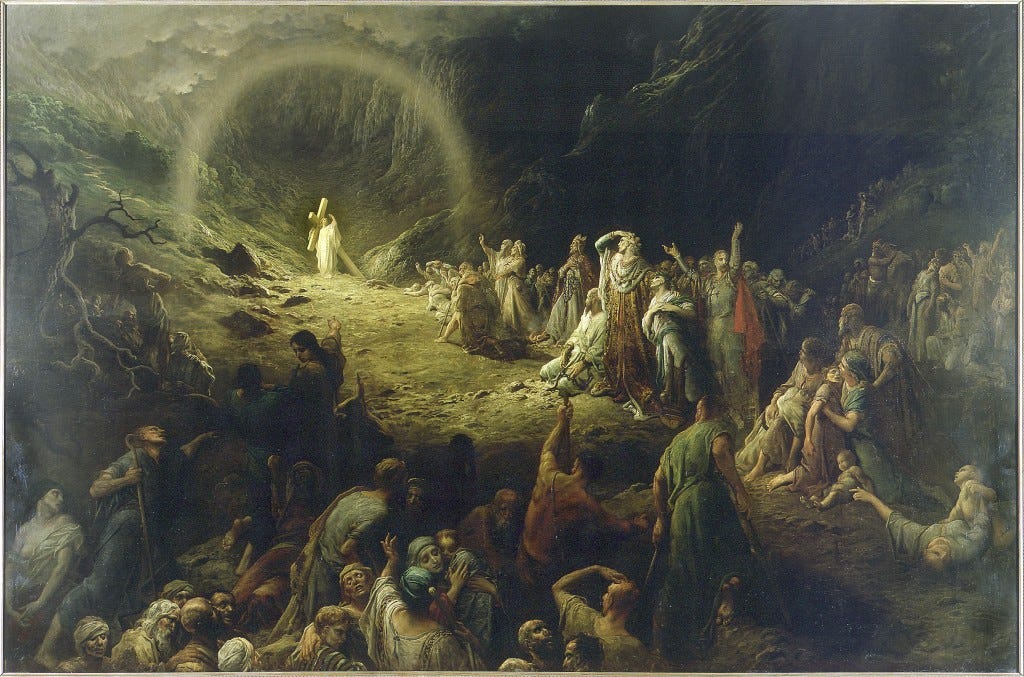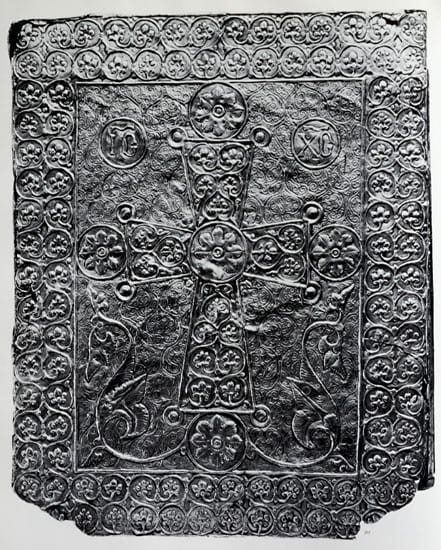Walk Away
After a long Winter, the vernal warmth of Spring has returned to reanimate one in both body and spirit. Between stifling heat and the bleak Midwinter, I prefer the winter, with its aesthetic cleanliness, purity, and stillness. The Winter is a time of peace and calmness, areas that were once dark and disquieting become approachable as even in the late evening, surroundings coated in snow are illumined. Yet, now that Spring is in the air, I welcome its return. As much as I love the Winter and am apathetic to the return of Summer, my existence would be lacking without the experience of the rotation of the seasons. Even when it is too hot or uncomfortably cold, I am thankful that I live in a region that provides the full gambit of climatic expression.
I have always felt negative feelings more deeply than positive ones. Yet, I do not see myself as a pessimist or a cynic. As a result of the ease in which I relate to the negative, when that which is genuinely positive is made manifest, it is fully adopted and becomes deeply cherished to me. The longing one feels on Earth is a product of our estrangement from God and our acknowledgement that the world as it is currently governed is done so not in accordance to the ideals desired by God. Therefore, to some degree we should all feel dissatisfied with reality and our lives as they currently stand, as these feelings are the fuel we use to pursue a relationship and likeness to God. If we could not perceive our distance from God through feelings of dissatisfaction, we would never seek Him out and would die twice over. Thus, our estrangement from the world as it is has a two-fold purpose: to draw us towards God and to find solutions and make improvements in areas in which we have power over.
There is little we can do in the realm of politics, be they secular/governmental or within the Church itself. In the realm of secular politics, those with grand designs and the will to see their plans enacted will succeed. Of course, it is difficult to know who has this will or which group of elites will eventually see success, but the point is that for the average citizen or subject, they have no legislative political power whatsoever. Neither should we want such power, as it demands a toll upon the souls of those who wield it. My responsibilities extend to those nearest to me and I am not wise enough to presume the right or ability to dictate the lives of countless millions of strangers. The only person I see who would want such power is someone who neither cares or is unaware of the cost of power, and unfortunately this cost is obscured in liberal democracies. When one participates in the power selection process, some of the responsibility is portioned to the voter, and as we are ruled collectively, so is the responsibility for government policy. That is a responsibility I do not want to give an account for before God, as I do not wish to be responsible for the actions of a state which celebrates abortion, encourages euthanasia, and is antagonistic towards God and His Church.
We have no reason to despair. As Christians, we are to be loyal to our nation and country. We are to follow the laws and pray for our leaders, for their conversion to holy Orthodoxy and that they will rule in accordance with the best interests of the people God has entrusted to them. These interests may even be unknown to the nation, and their enactment might even cause harm or discomfort to the ruled, but the collective seldom knows what it actually needs and is unable to operate outside of its immediate wants. Case-in-point, we have the ongoing actions of President Trump and his tariff policy. As it stands, my views of Trump have soured as of late. This is exclusively due to his continued denigration of Canada and his challenging of our sovereignty and history. But if I was American, I would support him. President Trump has put Canadian leadership in a difficult position. In challenging the legitimacy of Canada itself, America has set itself up not only as an economic competitor, but as a legitimate threat to our nation. How one negotiates trade and tariffs under that spectre I do not know, and those stating that we should kowtow to America in regards to trade fail to see or value how such actions could further delegitimize Canadian statehood. Whereas European and other countries have the ability to renegotiate trade with Trump, Canada does not because to Trump, Canada, like China, is an illegitimate power.
What Trump’s tariff policies will yield I cannot say. I have heard wildly differing opinions from commentators I respect, and thus I am content to wait and see what happens. I do not have any direct control over what president Trump does, or even those of my own leaders. Yet I do not see myself as powerless. Walking away from politics does not mean that one is resigned to inaction or powerlessness. I do engage in politics, but I do so as the outsider, one who can commentate and act (hopefully) without being tainted by the nature of politics itself. Furthermore, so many people metaphorically kill themselves with stress and despair when engaging with politics. Yet, this is not how we are meant to live. What a luxury it is to waste one’s energies on those things which we have no control over. Such feelings towards politics are, for most people, as rational as holding deep concern for the weather. Both things remain outside of one’s control, however we are able to adapt and mitigate to circumstances as they appear.
We all have things which have been entrusted to us. These can include other people, property, possessions, or even just ourselves. In our lives we must determine what we have power over and act in goodness in these areas. Far from being powerless, we have boundless power within the realms in which we have been entrusted, and this should be a cause of deep pleasure and fulfilment for us. For those things which are beyond our power, we look to God for hope and assistance. We also need not vote to participate in the current political order. As I said before, I take many political actions without directly participating in the system itself, and this is far more fulfilling, rewarding, and efficacious than voting will ever be. To conclude, although it does not originate from an Orthodox source, the theology and practice of the short Serenity Prayer is valuable. It reads as such:
God grant me the serenity to accept the things I cannot change,
Courage to change the things I can,
and Wisdom to know the difference.







